Dhaka, May 30 (V7N) – In an unprecedented move, the NBR Reform Unity Council has declared Abdur Rahman Khan, Chairman of the National Board of Revenue (NBR), as "unwanted" at the Revenue House, citing his alleged obstruction of long-awaited reforms and confrontation with government initiatives. The announcement was made in a press release issued on Thursday night.
The council has also pledged to continue its non-cooperation movement, intensifying pressure on the authorities amid ongoing unrest within the revenue administration.
According to the statement, Abdur Rahman Khan is accused of:
-
Blocking rational reform initiatives within the NBR
-
Prolonging the ongoing protest movement by resisting key demands
-
Acting against the interests of the government and revenue officials
-
Allegedly increasing VAT mid-fiscal year, causing financial strain
-
Contributing to instability in the banking sector during his previous postings
-
Conspiring to create national instability through various controversial decisions
The protesters argue that Khan’s continued leadership is a major obstacle to restoring confidence and functionality within the revenue administration.
The Reform Unity Council has demanded the immediate dismissal of Abdur Rahman Khan, claiming that only his removal can pave the way for "stability and discipline" in the country’s revenue system.
The dispute stems from a sweeping reform initiative by the government, formalized through an ordinance on May 12, which dissolved the National Board of Revenue (NBR) and the Internal Resources Department (IRD). These have been restructured into two new entities: the Revenue Policy Department and the Revenue Management Department.
Since the ordinance was issued, officials and employees of the former NBR have been protesting the restructuring, arguing it undermines institutional integrity and accountability. The non-cooperation program, including work abstentions and sit-ins, has disrupted daily operations across revenue offices nationwide.
This latest declaration by the Reform Unity Council signals a deepening divide between senior leadership and the revenue workforce. The growing tension comes at a critical time when the government is preparing the national budget and aiming to improve tax collection efficiency.
Unless addressed promptly, insiders warn that the instability may impact budget formulation, revenue targets, and public financial management at large.
END/MSS/AJ



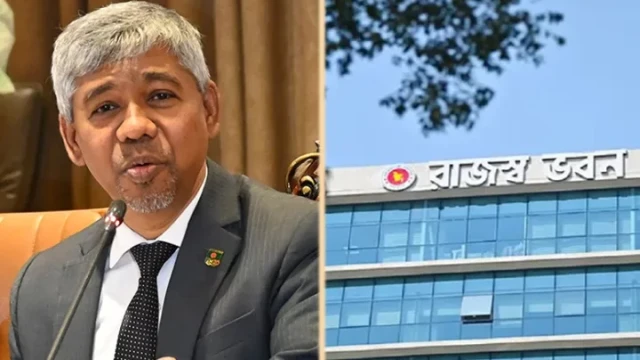
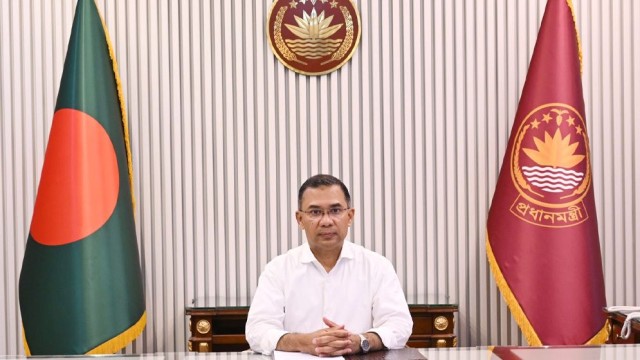
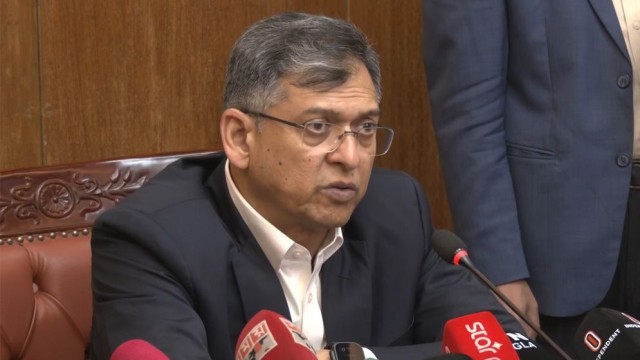
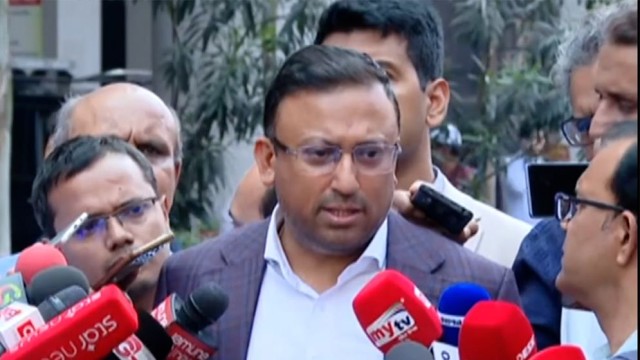
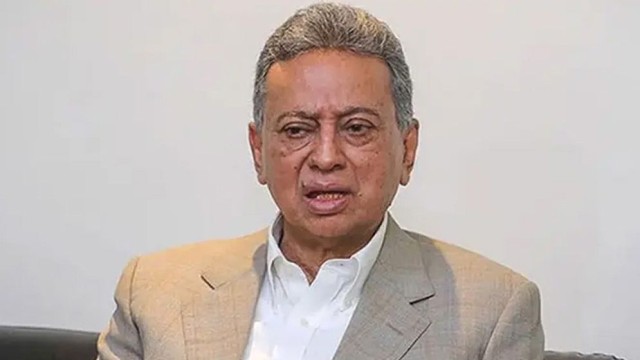
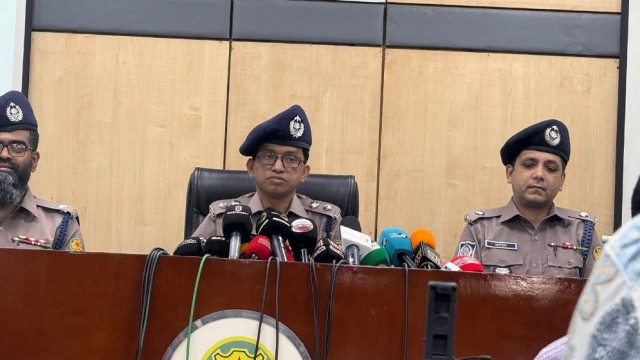
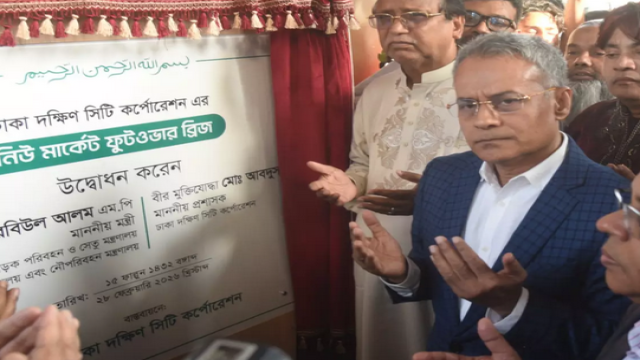





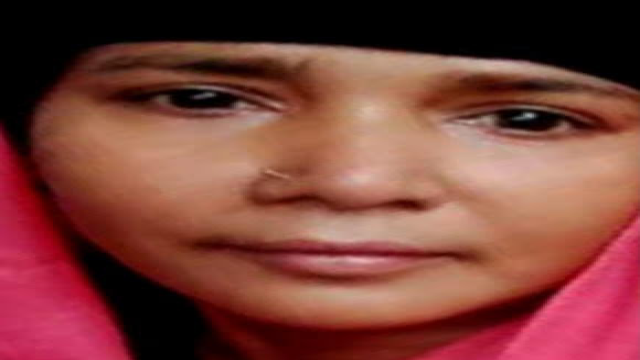



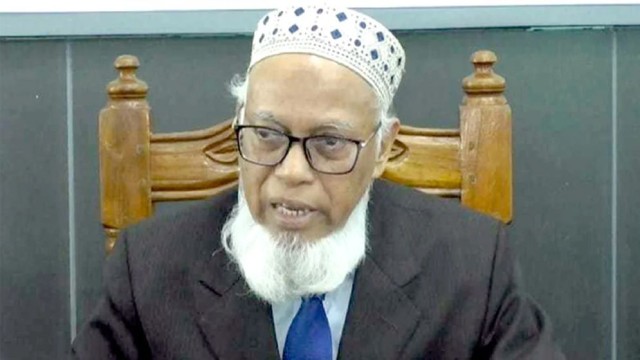










Comment: